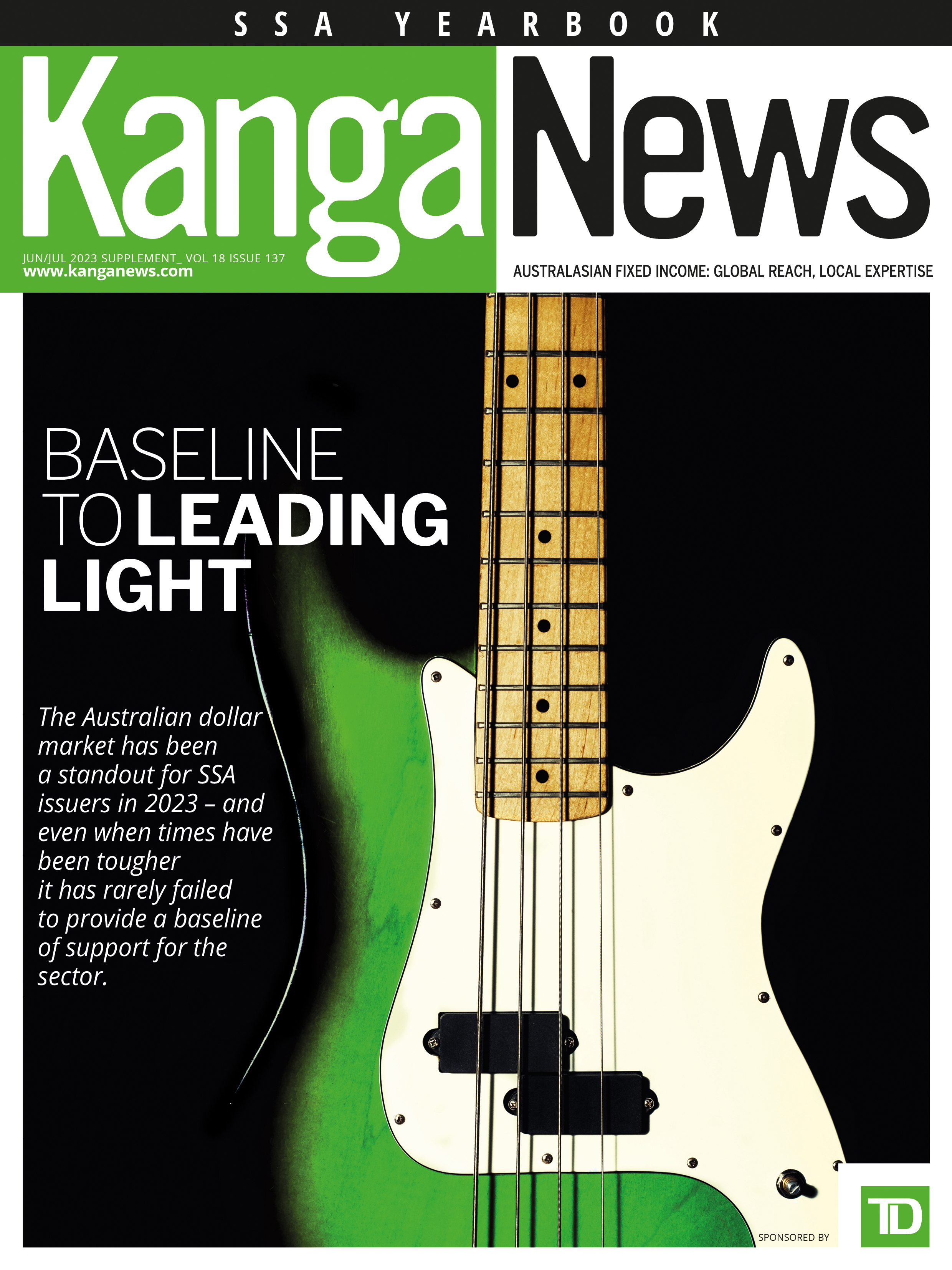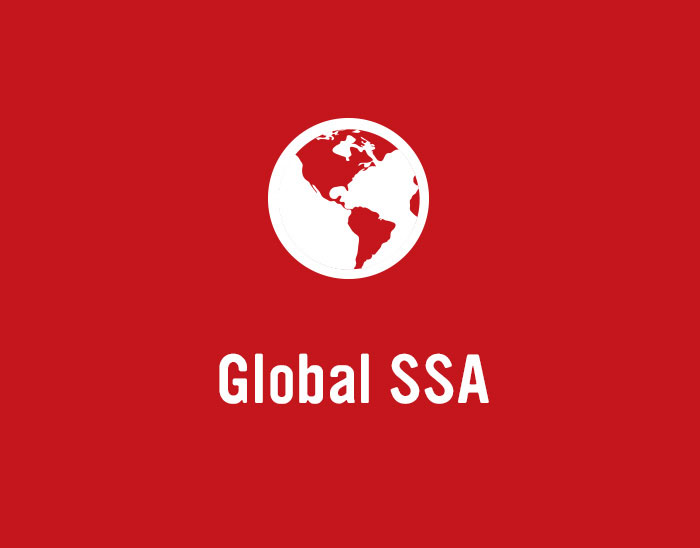
Communication key as rating pressure mounts
Ratings across the sovereign and subsovereign sector have come under considerable strain during the COVID-19 era as governments seek to ensure the health and economic wellbeing of their citizens in an environment of falling revenue. Germany’s federal state of Baden-Württemberg, and its development agency L-Bank, provide a model for managing the fallout.
The worst may still be to come for parts of Europe as the end of warmer weather brings a second wave of COVID-19. Cases in many of the larger European nations have been steadily increasing over the last couple of months and new lockdown measures are being enforced in numerous Eurozone countries and the UK.
Government finances have kicked into overdrive, requiring a quantum leap in debt funding to steer nations through the pandemic. Germany’s federal government, for instance, added more than €60 billion (US$43.1 billion) to its year-ahead new-money task, bringing the total to a record €219 billion. It is far from alone.
On top of individual nations’ fiscal support, the EU itself is now entering the funding market in size. In May, the EU announced a €750 billion recovery package to revive the 27-member bloc. In early October, the European Commission announced it will print EU SURE bonds – to be issued as social bonds under its social-bond framework – of up to €100 billion by July 2021.
It is unsurprising in this context that sovereign-sector ratings have come under pressure. It will take years for many to return to balanced budgets, by which time their accumulated debt burdens will have taken a significant step up. Germany’s debt-to-GDP ratio is expected to be close to 80 per cent by the end of 2020 – up by nearly 20 per cent year-on-year. UK public debt passed 100 per cent of GDP in June, for the first time since 1963.
STATE FINANCES
The same challenges apply at subsovereign level. As a result – and despite being one of the largest and most fiscally sound states in the German federation – S&P Global Ratings downgraded Baden-Württemberg to AA+ from AAA on 14 August. Because L-Bank, the state development agency for Baden- Württemberg, is guaranteed by the federal state, the same rating is applied to the agency issuer. For L-Bank, managing the investor relations task around the downgrade has been a key focus (see box).
S&P considers L-Bank to be “a government-related entity benefiting from an almost certain likelihood of receiving timely and sufficient government support in times of stress”. On this basis, it does not view the agency as a fully separate entity from the government.
In justifying its downgrade of the agency, the S&P report points to “L-Bank’s critical role for and integral link with Baden-Württemberg”. Harm Semder, director, financial institutions ratings at S&P in Frankfurt, says the link is best explained as the state mandating a strategy, which is then operationally implemented by L-Bank.
The state was on a positive financial trajectory until the beginning of 2020, “demonstrating continuously improving surpluses in operating and capital accounts” according to S&P. COVID-19 has materially changed the outlook.
Baden-Württemberg increased and used its borrowing allowance for an extensive support package of €5 billion for its economy, which S&P expects to be fully spent in 2020. Another stimulus package, of €3 billion, is mooted for 2021.
Beyond the support package and an additional €2.3 billion provided by the federal government, Baden-Württemberg will experience significant tax-revenue shortfall in the coming years – a forecast €3.3 billion in 2020 and €3.5 billion in 2021. “Such deterioration will lead to increased borrowing of roughly €6.5 billion and a reduction in liquidity of about €2 billion,” S&P’s latest report on the state says.
As COVID-19 continues to weaken Baden-Württemberg’s budgetary performance, resulting in increased debt and lower liquidity, S&P forecasts deficits of 10.6 per cent and 10.9 per cent of total revenue for 2020 and 2021.
However, speaking to KangaNews in mid-October, Michael Stroschein, associate director, sovereign and international public finance ratings at S&P in Frankfurt, says there may be a risk to the upside for the state’s budget given recent signs of better-than-expected economic resilience to the impact of COVID-19.
In any case, S&P believes the pandemic will have only a temporary impact on the state. Moreover, it assumes the state’s economic fundamentals will remain robust and is confident its administration is combating the effects of the pandemic with appropriate support packages.
S&P expects Baden-Württemberg will get back to a position of balanced budgets in the medium term, helped by improving tax revenue and – yet-to-be defined – cost-containment measures. These could result in improvements beyond current forecasts.
Transparency and consistency
In an environment of significant government-sector debt and the potential for ratings to be downgraded, funding agencies need to be proactive in engaging with investors. Sven Lautenschläger, international funding officer at L-Bank in Karlsruhe, speaks to KangaNews about the agency’s commitment to transparency and consistency.
With a typical annual term-funding programme of €5-8 billion (US$3.6-5.7 billion) – €7 billion for 2020 – investor relations is always an active part of L-Bank’s treasury function. It is the second-largest of the German state development agencies by capital-markets footprint.
Because it holds an explicit and unconditional guarantee from the state of Baden-Württemberg, L-Bank was downgraded to AA+ from AAA on 17 August by S&P Global Ratings. This was three days after the guarantor and 100 per cent owner state was downgraded to the same level, and is in line with the rating agency’s equalised-ratings principle.
The rating downgrade is in all likelihood not as significant for L-Bank as it would be for a private-sector entity. The issuer has support from the sizeable European Central Bank QE bond-buying programme among other factors.
Investor engagement
Even so, it could be a concern for L-Bank investors. Within a week of L-Bank’s downgrade, Lautenschläger contacted a significant number of the issuer’s global investors to inform them of the change and to solicit their questions on the implications of the decision.
“I heard back from around one-fifth of the investors contacted. The feedback was very positive – and all stressed that the immediate update was much appreciated and that the rating downgrade would not affect the investment strategy towards L-Bank,” says Lautenschläger.
This is not the first time L-Bank has been downgraded from a triple-A rating. In December 2004, S&P downgraded the state of Baden-Württemberg – and therefore L-Bank – to AA+ from AAA.
The state and its development agency regained triple-A status in 2012, but in the interim L-Bank had to contend with challenges including its Kangaroo bonds not being repo-eligible with the Reserve Bank of Australia (RBA) for the intervening years.
To meet the RBA’s repo-eligibility criteria, securities issued by supranationals, and foreign sovereigns and subsovereign entities must have a triple-A rating from two rating agencies. L-Bank is still rated triple-A by Moody’s Investors Service and Fitch Ratings, though Fitch’s AAA mark for L-Bank is unsolicited. As a result, and to ensure that investors have the greatest possible certainty, Lautenschläger took action to confirm the state development agency’s repo-eligible status directly with the RBA.
These two actions provide real-life examples of the transparency at the heart of L-Bank’s funding strategy. As Lautenschläger comments: “I got into action with investors and the RBA as soon as we received news of the downgrade. For me, transparency is about proactive communication. The positive responses I received from investors and the RBA validate this strategy.”
UNDERLYING DRIVERS
In effect, rating agencies are being asked to assess the financial position of governments that are undergoing a once-in-a-lifetime event but where there are otherwise no significant structural problems with the economy of the state nor the way its finances are managed.
Stroschein says debt accumulation is not the current problem for Baden-Württemberg or L-Bank – even though S&P forecasts consolidated debt to increase substantially, to 113 per cent of consolidated operating revenue through 2022, following a considerable drop to 82 per cent in 2019. Rather, the issue is that budgetary performance has changed materially compared to recent years.
Acknowledging that S&P’s criteria do not make special provisions for an exceptional shock such as COVID-19, Stroschein explains: “If the budget is not balanced by 2022 or 2023, it quickly worsens the multi-year weighted-average approach we take to rating budgetary performance.”
S&P also recognises that it is government’s role to support its citizens, and that Baden-Württemberg is one of the most ambitious states of the German federation in its COVID-19-response spending. Stroschein points to the fact the state has guaranteed its municipalities almost the same amount of business tax and fiscal equalisation revenues for 2020 that they received last year.
“This gives testament to the fiscal and economic strength of the state of Baden-Württemberg. But it will naturally weigh on its budgetary performance for the current year, and most likely the next few years,” he says.
Stroschein also refers to the German debt-brake law, which requires states to refrain from net new borrowing except in certain legally defined cases. Given the scale of the pandemic’s consequences, S&P expects the exception clause will once again be used in 2021.

SSA Yearbook 2023
The annual guide to the world's most significant supranational, sovereign and agency sector issuers.












